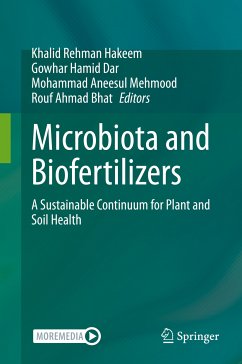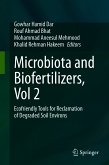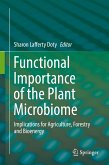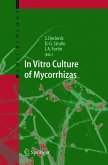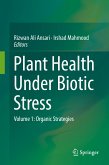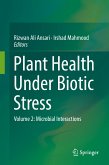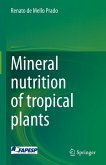Biofertilisers are compounds of organic matter that are applied to crops for growth and health. Their constituent micro-organisms interact in an ecofriendly manner with the soil, root and seeds of plants, promoting the growth of micro-flora that enhances soil fertility. They are known to play a number of vital roles in soil fertility, crop productivity and production in agriculture. Application of biofertilisers results in increased mineral and water uptake, root development, vegetative growth and nitrogen fixation. They liberate growth promoting substances and vitamins and help to maintain soil fertility. They act as antagonists and play a pivotal role in neutralising the soil borne plant pathogens, thereby assisting in the bio-control of diseases. Application of biofertilisers in lieu of synthetic fertilizers could be the promising technique to raise agricultural productivity without degrading the environmental quality.
The present book focuses on the latest research approaches and updates from the microbiota ecosystem and their applications in agriculture industry. It also highlights the great potential and possible future of action of microbiota in the development of sustainable agricultural systems.
Dieser Download kann aus rechtlichen Gründen nur mit Rechnungsadresse in A, B, BG, CY, CZ, D, DK, EW, E, FIN, F, GR, HR, H, IRL, I, LT, L, LR, M, NL, PL, P, R, S, SLO, SK ausgeliefert werden.
Hinweis: Dieser Artikel kann nur an eine deutsche Lieferadresse ausgeliefert werden.

